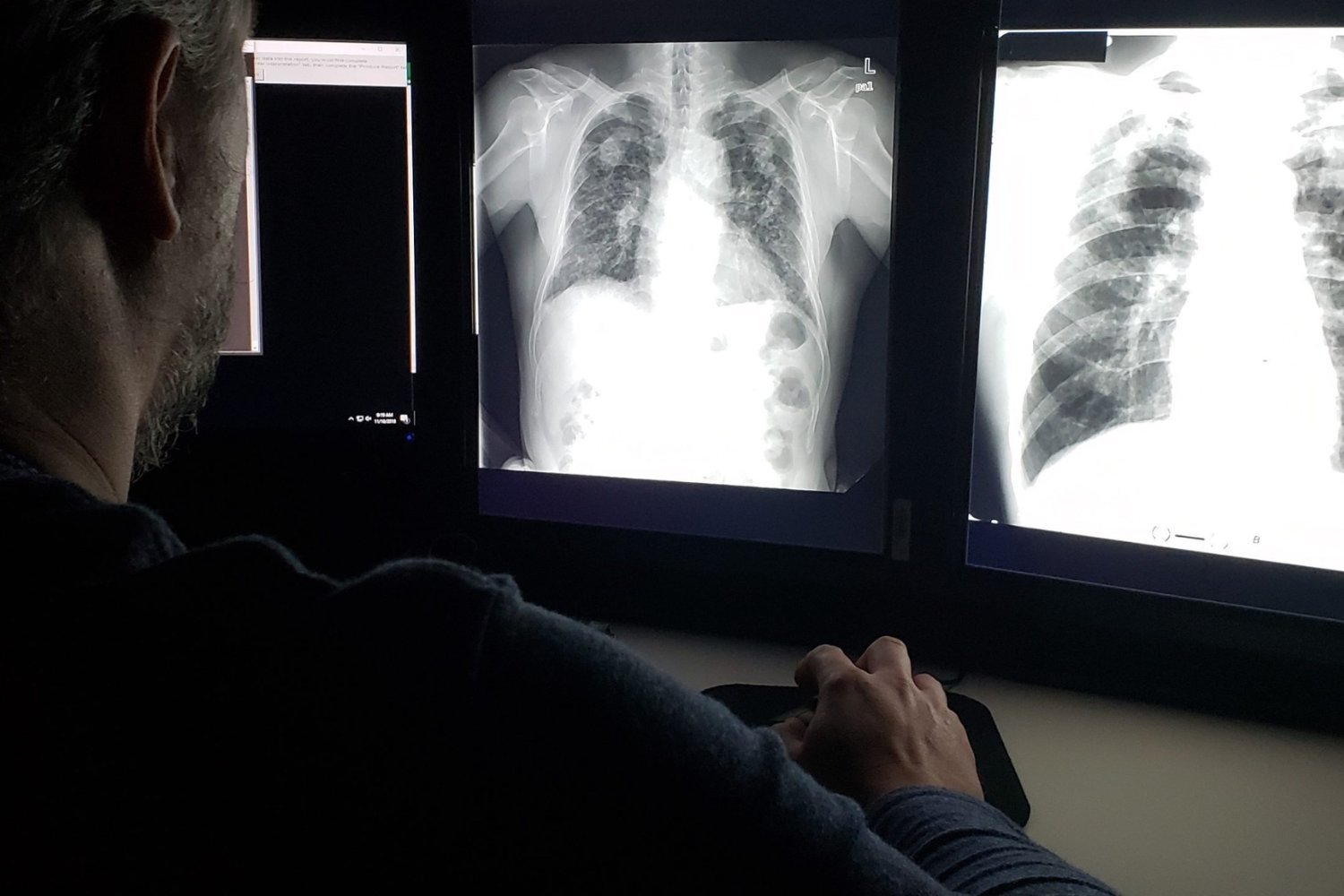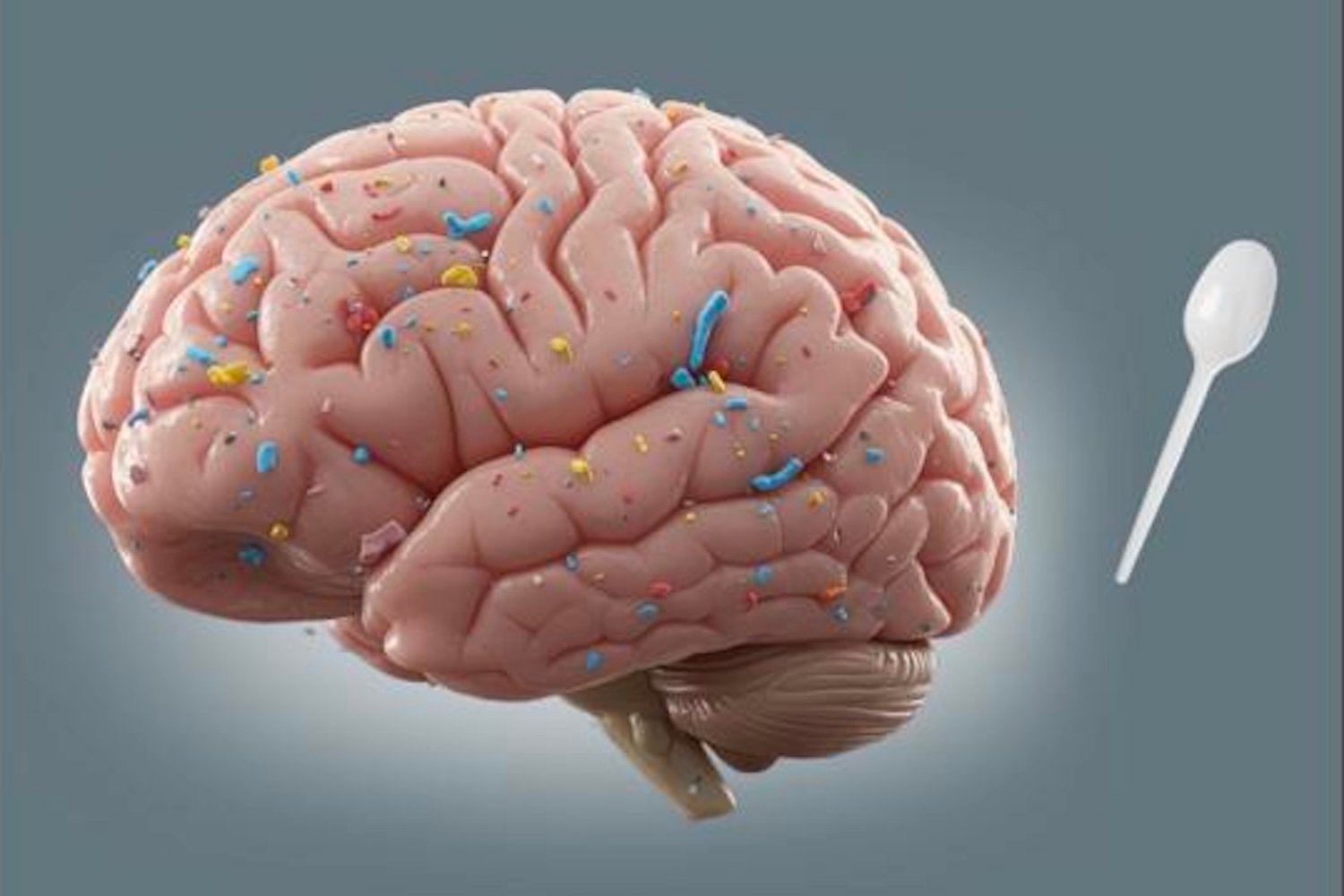Lung function peaks in our early twenties and declines steadily thereafter, challenging the conventional belief of a plateau period extending into our forties. This new understanding has significant implications for respiratory health management and disease prevention.
Recent research published in The Lancet Respiratory Medicine suggests our lungs may begin their decline earlier than we thought. The study, led by scientists at the Barcelona Institute for Global Health (ISGlobal), analyzed data from multiple population studies and revealed a surprising trend in lung capacity over a lifetime.
Challenging Conventional Wisdom on Lung Function
Previous models indicated that lung function plateaus until around age 40, following a period of growth peaking in our mid-twenties. However, this assumption relied on studies that measured lung function at specific intervals, rather than continuously throughout life. The ISGlobal study challenges this notion, suggesting a steady decline immediately following peak lung function.
Comprehensive Analysis of Lung Capacity Across the Lifespan
The ISGlobal team analyzed data from eight population studies across Europe and Australia, involving around 30,000 participants aged four to 82. Lung function was measured using forced spirometry, a standard test where individuals exhale forcefully after a deep breath.
The research identified two distinct phases of lung development: rapid growth during early childhood followed by slower, sustained growth until the early twenties. Peak lung function was typically reached around age 20 for women and 23 for men. Notably, the study found no evidence of a plateau phase following this peak.
Implications for Respiratory Health Management
This earlier-than-expected decline in lung capacity highlights the need for revised approaches to respiratory health monitoring and intervention. The study found that risk factors like asthma and smoking impact lung function differently. Chronic asthma appears to weaken lung health from a young age, while smoking accelerates lung function decline starting in the mid-thirties.
Early Detection and Intervention
By understanding these distinct patterns, healthcare professionals can implement targeted interventions to prevent chronic respiratory diseases. Early detection of declining lung function could be crucial for mitigating long-term respiratory health issues.
Maintaining Lung Health
While the study reveals a less optimistic outlook on the longevity of peak lung function, there are steps individuals can take to maintain healthy lungs. Regular physical exercise is a key factor in promoting respiratory health throughout life.
The research underscores the importance of ongoing monitoring and proactive management of lung health, even before middle age. This shift in understanding could pave the way for more effective strategies to prevent and manage respiratory illnesses.











